Imagine if you could control your hunger and positively influence your eating behavior by consuming enough vitamin D.
Sounds almost too good to be true, doesn’t it? But recent research shows interesting links between vitamin D, an essential nutrient we often know as the ‘sunshine vitamin’, and feelings of satiety. In this article, you’ll find out how vitamin D can affect your hunger and why it’s worth keeping an eye on your vitamin D levels all year round.
What is vitamin D and how does it affect the feeling of hunger?
Although often classified as a vitamin, vitamin D is actually a hormone that is essential for many bodily functions, including regulating calcium and supporting immune defense. However, one of its most fascinating roles may be its involvement in regulating appetite via the hormone leptin, which is a key regulator of your satiety.
The link between vitamin D and leptin – How vitamin D influences the feeling of hunger
Leptin, often referred to as the satiety hormone, is produced by the fat cells in your body and signals to your brain that you are full. Research shows that an optimal vitamin D level can have a positive influence on leptin levels. As a result, you will feel fuller and fuller sooner. This can be particularly helpful if you want to control your weight or improve your eating habits. A higher vitamin D level could therefore be directly linked to an improved feeling of hunger.
Optimal vitamin D levels – a key to better hunger control
Checking your vitamin D levels is a simple step that can have a big impact on your hunger levels. In Germany, natural vitamin D production from sunlight is mainly limited to the summer months, which means that many people have low levels outside of this period. The recommended concentration of vitamin D in the blood for optimal status is around 60 nanograms per milliliter (ng/ml), a level that is crucial not only for bone health and immune function, but also for an optimal feeling of hunger.
Vitamin D supplementation: One way to control hunger pangs
You can easily and conveniently test your vitamin D level at home. These tests are available online and offer you a quick way to find out if you may have a vitamin D deficiency. If you find that your vitamin D level is below the recommended value of 60 nanograms per milliliter (ng/ml), supplementation can help to improve your level and thus positively influence your feeling of hunger.
If you are taking medication or have specific health conditions, you should discuss your intake with your doctor in advance or book a free consultation with one of our nutrition coaches. This can also be useful to find the right vitamin D dosage for supplementation for you.
Other important nutrients to control the feeling of hunger
In addition to vitamin D, there are a number of other vitamins and minerals that play a role in regulating appetite. For example:
- Magnesium: This mineral is crucial for many bodily functions, including nerve and muscle function. Magnesium can also help to influence hunger, as it plays a role in regulating blood sugar levels and can therefore prevent food cravings.
- Vitamin B6: Vitamin B6 is essential for the conversion of food into energy and also influences the production of neurotransmitters such as serotonin, which promotes the feeling of satiety. A sufficient B6 level can help to effectively control the feeling of hunger. If you want to supplement this vitamin, you should choose a vitamin B complex rather than a single substance, as the B vitamins can be better absorbed as a team and complement each other’s effects.
- Omega-3 fatty acids: These essential fatty acids, which are often found in fish and flaxseed, are not only important for the heart and brain, but can also help to increase the feeling of satiety. Studies have shown that omega-3 fatty acids may influence the leptin system and thus reduce the feeling of hunger.
-
Bestseller
Calm A Lama
Plant-based organic magnesium from premium organic green algae extract for muscles and nerves44,90 €1.076,74 € / kg
Practical nutrition tips to regulate the feeling of hunger
Here are some practical tips to help you control your hunger:
- Include high-fiber foods: Foods like whole grains, legumes, fruits and vegetables are high in fiber, which is digested slowly and keeps you full longer.
- Protein-rich diet: Protein has a high satiety effect. Foods such as lean meat, fish, tofu and pulses can help you feel fuller for longer and make you less inclined to snack.
- Regular meals: Keeping to a regular eating rhythm can help to avoid cravings and keep hunger levels stable throughout the day.
- Drink water: We often confuse thirst with hunger. A glass of water before meals can help you feel fuller faster and eat less overall.
Conclusion: Vitamin D is the key to feeling less hungry
By including vitamin D and other key vitamins and minerals in your diet and following these handy tips, you can have a significant impact on your hunger levels. By regularly checking and adjusting your vitamin D levels, you can not only promote your general health, but also take an active step towards controlling your hunger. Why not take this small step and see if a sufficient vitamin D level can also help you to eat more satisfactorily?
- Menendez, C et al. “Retinoic acid and vitamin D(3) powerfully inhibit in vitro leptin secretion by human adipose tissue.” The Journal of endocrinology vol. 170,2 (2001): 425-31. doi:10.1677/joe.0.1700425
- Greco, E.A.; Lenzi, A.; Migliaccio, S. Role of Hypovitaminosis D in the Pathogenesis of Obesity-Induced Insulin Resistance. Nutrients 2019, 11, 1506. https://doi.org/10.3390/nu11071506
- Nimitphong, Hataikarn et al. “Vitamin D regulation of adipogenesis and adipose tissue functions.” Nutrition research and practice vol. 14,6 (2020): 553-567. doi:10.4162/nrp.2020.14.6.553
- Madhu, S V et al. “Association of 25 (OH) Vitamin D and Leptin in Individuals with Insulin Resistance.” Indian journal of endocrinology and metabolism vol. 26,5 (2022): 435-438. doi:10.4103/ijem.ijem_141_22
- Gangloff, Anne et al. “Relationships between circulating 25(OH) vitamin D, leptin levels and visceral adipose tissue volume: results from a 1-year lifestyle intervention program in men with visceral obesity.” International journal of obesity (2005) vol. 44,2 (2020): 280-288. doi:10.1038/s41366-019-0347-7
- Breslavsky, A et al. “Effect of high doses of vitamin D on arterial properties, adiponectin, leptin and glucose homeostasis in type 2 diabetic patients.” Clinical nutrition (Edinburgh, Scotland) vol. 32,6 (2013): 970-5. doi:10.1016/j.clnu.2013.01.020
- Maetani, Micah et al. “Association of leptin, 25-hydroxyvitamin D, and parathyroid hormone in women.” Nutrition and cancer vol. 61,2 (2009): 225-31. doi:10.1080/01635580802455149
- J., S., U. Sampson, and K. J. “Assessment of Levels of Vitamin D and Leptin in Comparison of BMI Among Medical Students”. International Journal of Medical Research and Review, Vol. 8, no. 1, Feb. 2020, pp. 51-56, doi:10.17511/ijmrr.2020.i01.08.





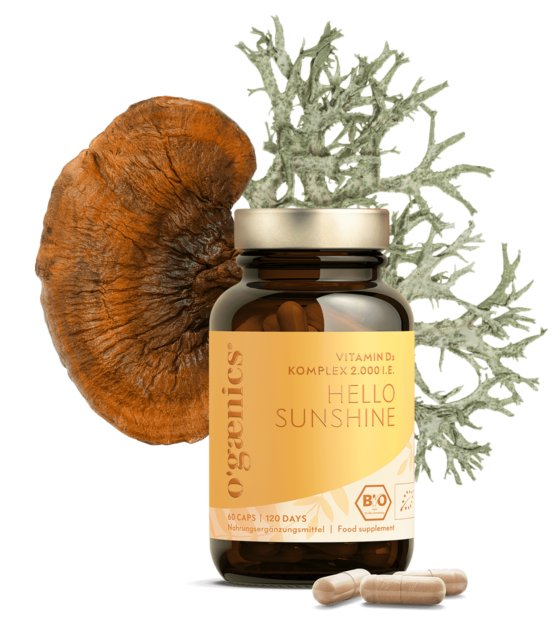
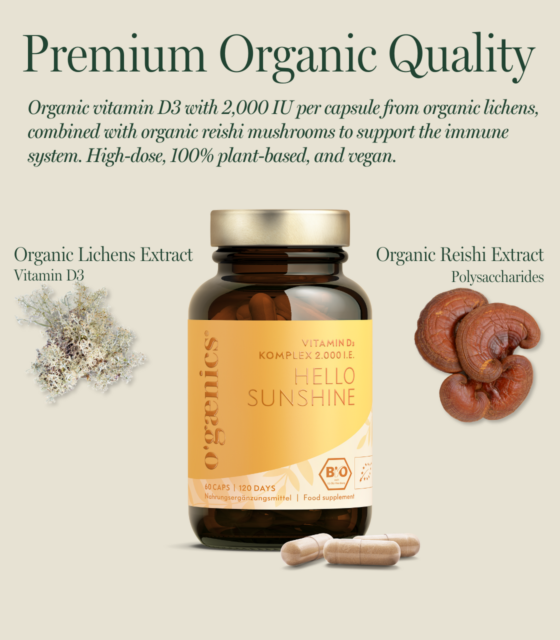


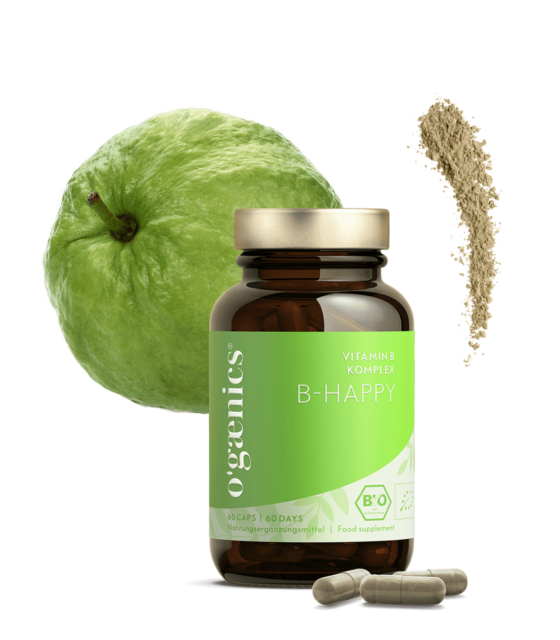
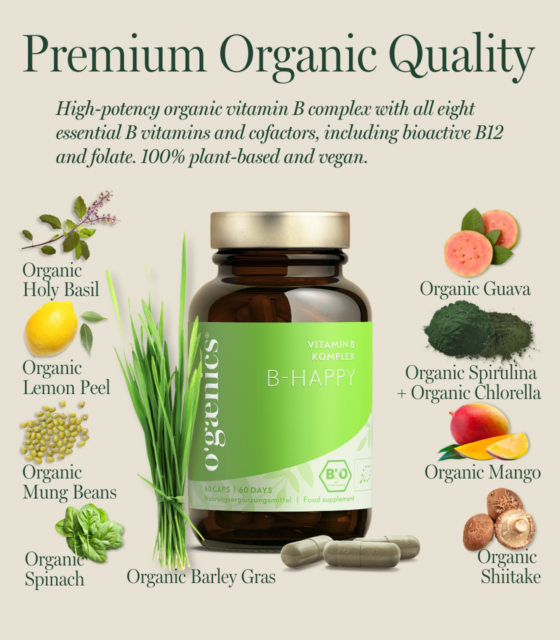
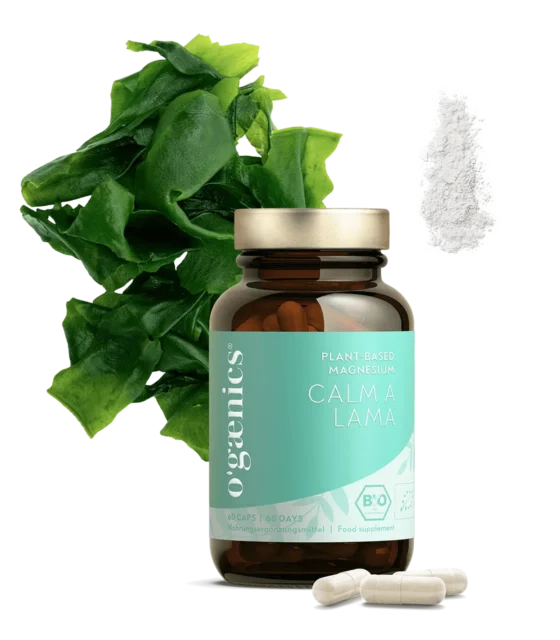
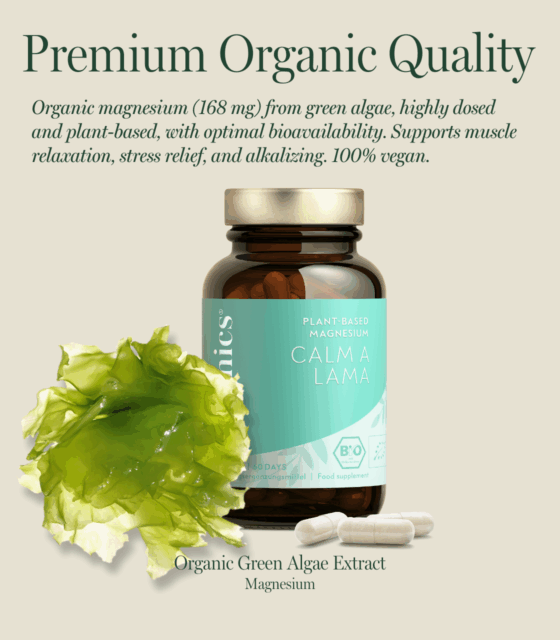

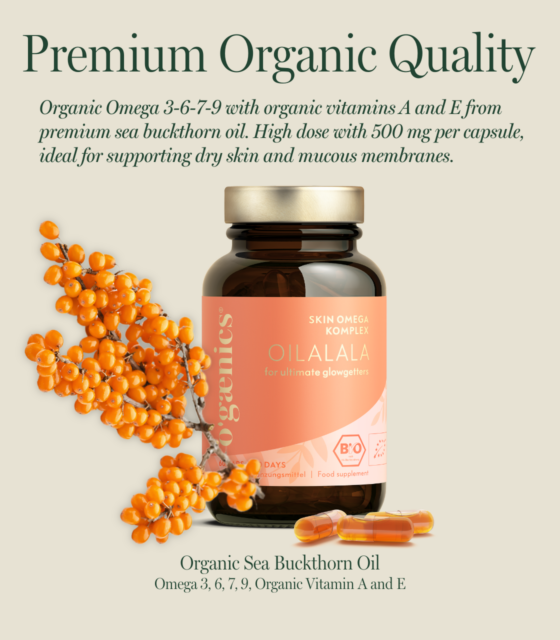
 No products in the cart.
No products in the cart.